You book a ticket and step into a city where no one expects you. The day opens without a shared agenda, and the smallest choices start to feel like real choices. You pick a bus or a street. You pick a museum or a mountain. You decide whether to turn left, to sit by a window, to order the thing you cannot pronounce. What begins as logistics turns into psychology. Solo travel invites you to meet your own mind without the usual buffering of routine, chatter, and obligation. In that space, attention sharpens, identity loosens, and confidence grows in ordinary ways that rarely announce themselves at home.
The first change is a shift in agency. At home, life is padded by schedules, notifications, and the preferences of people you love. When you travel alone, the padding thins and your actions draw a clean line to their outcomes. You choose a neighborhood and discover a market you never would have seen. You choose silence in the afternoon and arrive at dinner rested rather than depleted. The feedback loop is immediate. Your sense of control stops being an idea and becomes a sequence of small acts that add up to a day you authored. This is not the loud confidence of a motivational speech. It is the quiet confidence of cause and effect felt in real time.
Attention follows. You cannot skim a foreign street the way you skim a feed. You look up because you have to. Street names become puzzles. The bus map turns into a riddle you can solve with a few patient minutes. You read faces, rhythms, and light. Time stretches because attention stops leaking. A coffee lingers. A walk takes an hour not because the distance is far but because your senses are awake. Even when nothing dramatic happens, the day feels dense with detail. That density is restorative. It tells your nervous system that the world is interesting again.
Solitude rearranges your social life rather than erasing it. Without companions, micro connections step forward. A cafe server becomes a guide. A stranger on a train becomes a two hour conversation partner you will never meet again. A barista remembers your name by the third morning and a ritual forms before you notice. These ties are not replacements for deep friendship, and they do not need to be. They act like scaffolding while you rebuild the way you belong. They remind you that being part of a place can start small and still feel sincere.
Identity loosens just enough to breathe. At home, you are defined by the people who know you and by the archive that follows you online. Away from both, you run an experiment. You try dinner early. You visit two galleries instead of five. You choose a quiet hotel and discover that sleep is a better souvenir than nightlife. You realize you do not have to be the friend who finds the loudest bar. Solo travel does not invent a new self. It lowers the volume on the performance of the old one so that the subtler preferences can be heard. You return not as a stranger to yourself but as someone who has listened more carefully.
Risk moves from threat to teacher. You take small chances and survive them. You ask for directions in a language that is not yours. You board a bus that looks wrong, then laugh when it delivers you to a view you will remember for a decade. You eat alone and discover that the counter seat is a front row. Each risk is modest. Together they stretch your tolerance for uncertainty. Anxiety still knocks, but it finds fewer open doors. You begin to discern the difference between a real warning and the friction of novelty.
Creativity slips back through ordinary seams. It is not magic. It is the effect of new inputs on a mind that has been circling familiar tracks. A view from a train window loosens a problem at work. A note in your phone becomes a paragraph by the end of the day. The way people queue for bread turns into a thought about patience or design or humor. You did not plan a brainstorm, but one arrived because you replaced repetition with variety. Travel refreshes the mental pantry. When you return, you cook with new ingredients even if the kitchen has not changed.
Boundaries become easier to draw because you have felt their edges. Alone, you learn that you peak after two museums, not five. You notice that you fade after three hours of talk. You see that mornings thrive with company while evenings recover in quiet. These truths do not sound like rules any more. They sound like accurate self knowledge. Back home, you defend them with less guilt because you have evidence. Your days run better when you respect them.
Digital habits soften. Without a companion to narrate to, posting every moment feels strange. You still take photos, but you pace yourself. You save clips for later. You put the phone away during dinner because it interrupts the taste of a city. The device returns to its proper role as a tool rather than an audience. Some people carry this habit home and find that their attention remains steadier because it no longer seeks performance in every corner.
Confidence grows in places that do not look heroic. It shows up at ticket counters where you figure out the right platform without a meltdown. It shows up in a pharmacy where you find what you need with three gestures and a smile. It shows up at eleven at night when the walls are unfamiliar and you sleep anyway. Confidence, here, is not a pose. It is proof. You handled what came. The record of small successes creates a bank you can draw from when life at home throws its own puzzles.
Eating alone deserves its own paragraph because many travelers fear it. In practice, a table for one can be a study in access. You watch the kitchen. You meet the staff. You hear the jokes that live at the edge of the bar. You taste what a city thinks of itself through the way it feeds people who pay attention. The meal becomes a story you would not have heard inside your usual conversations. After a few nights, the awkwardness dissolves and the pleasure remains.
Fear does not vanish. It becomes proportionate. You map your route back to the hotel and choose streets with light. You share your location with a friend. You make a plan and a backup. This is not paranoia. It is care. You assign fear a helpful job and refuse to give it the lead role. That allocation becomes a skill you carry into everyday life where risks are different but still real. You learn to listen to your instincts without letting them drown out your choices.
There is, of course, a limit to freedom without witness. Too many days of novelty can exhaust even a lively nervous system. Loneliness can arrive on a balcony that would look perfect in a magazine. The solution is tempo. Alternate a crowded market with a park bench. Follow an intense day with a soft one. Spend an afternoon in a museum and then spend an evening listening to the city breathe from a quiet square. Balance is not a slogan. It is the itinerary you write for the real brain you live with.
When the trip ends, the residue is practical. You move through your own city like a traveler and see streets that were always there but never looked alive. You design small itineraries for weekends. You keep plans with yourself even when someone cancels. You decline invitations that drain more energy than they return. You talk to the barista and mean it. You protect the silences that help you think. The benefits do not evaporate at the airport. They settle into the structure of your days.
Solo travel is often marketed as a personality trait, as if some people are built for it and others are not. In real life, it is closer to a rehearsal space. You step away from the chorus to hear what your own voice sounds like. You audition boundaries. You test preferences. You learn how your attention behaves when it is not distracted on purpose. You discover that presence is not a buzzword. It is the feeling of your mind catching up with your body in a place that asks nothing of you other than to look up.
The phrase psychological benefits of solo travel can sound clinical. The reality is quieter and more generous. You remember that your life is not only a set of obligations. It is a landscape you can move through with intention. You learn yourself at a walking pace. You borrow a city’s light and return with your own in better focus. You leave with photos, yes, and with stamps in a book. What lingers longer is the memory of attention well spent and choices well made. You bring that home, and it changes how you live where you already are.



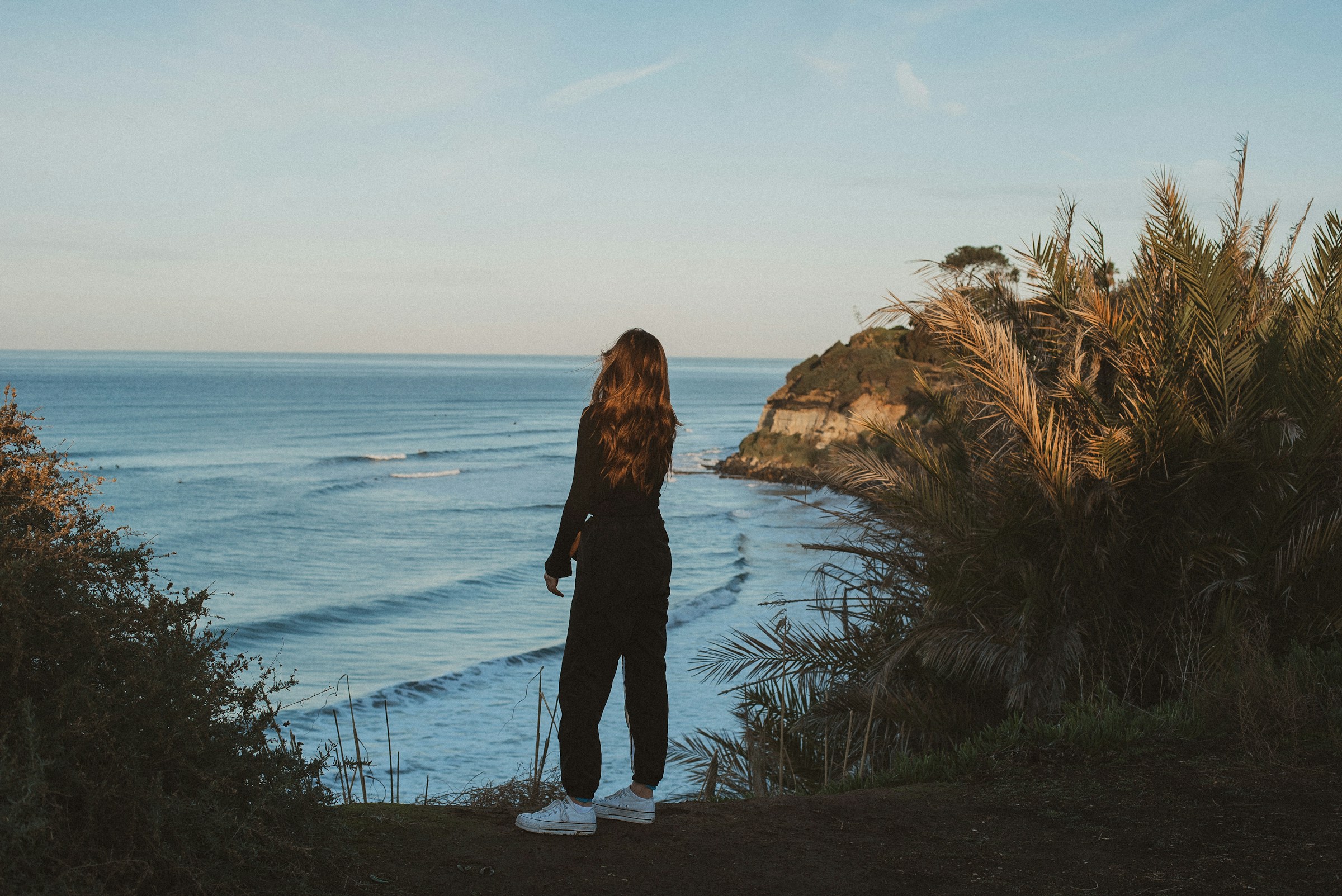
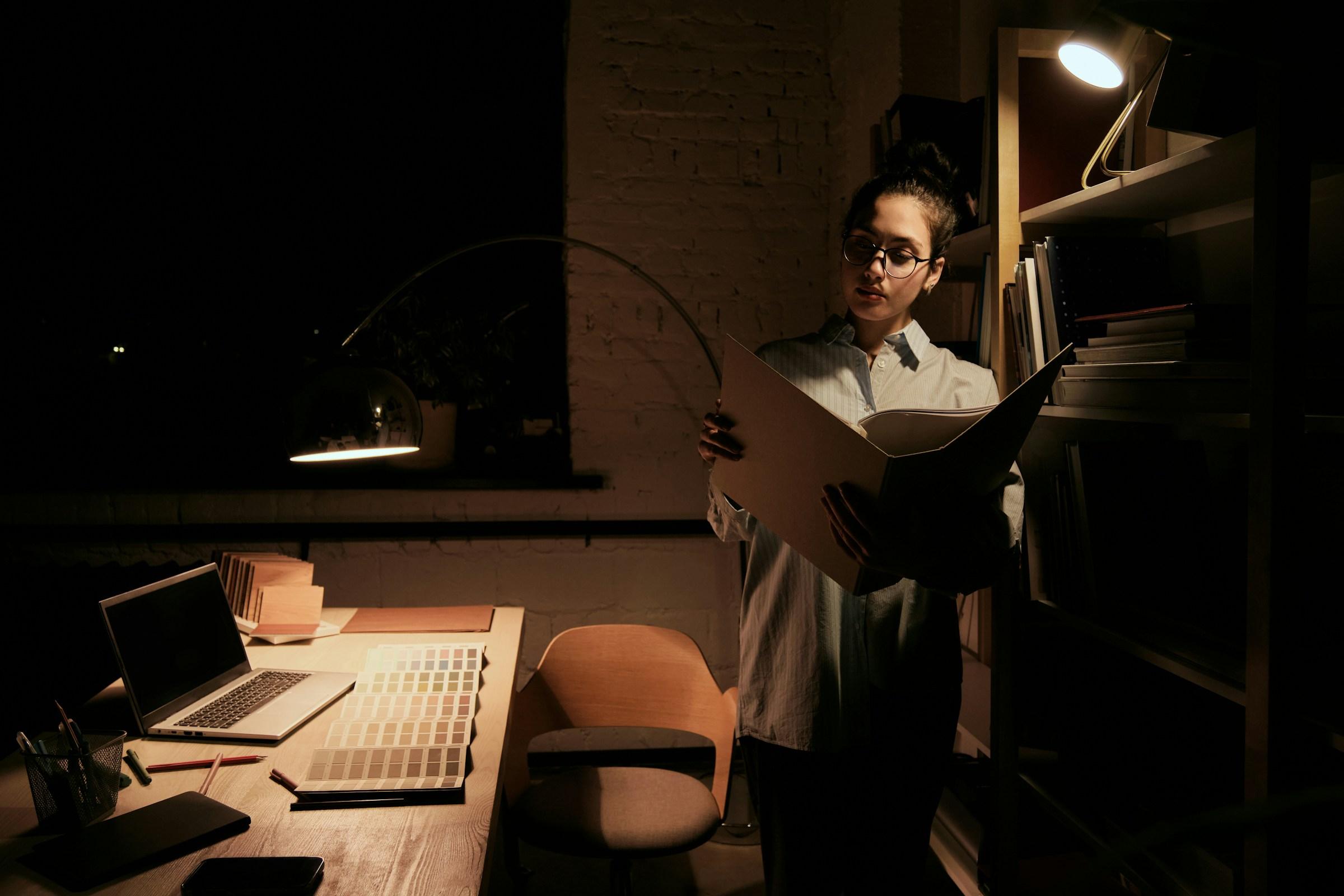
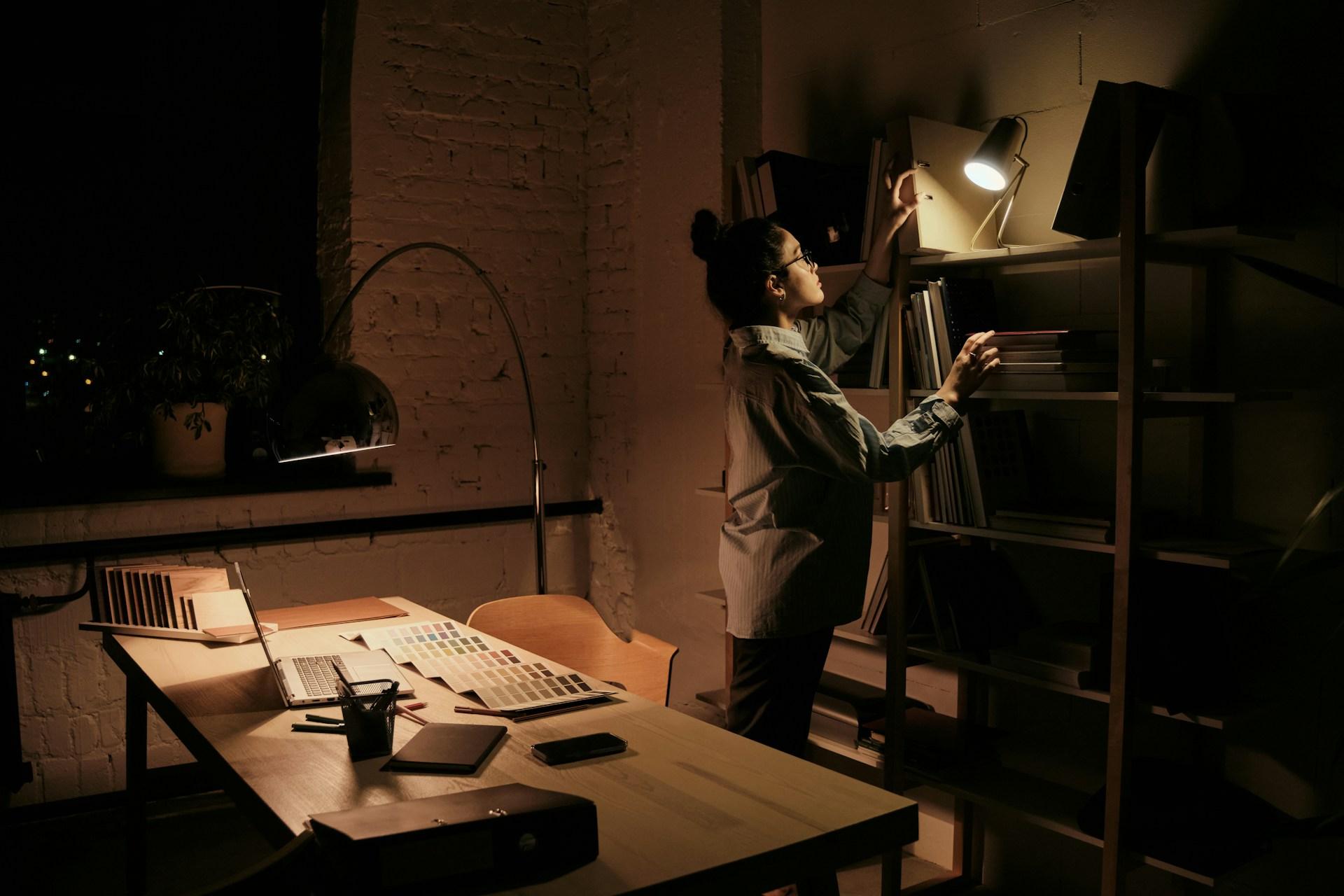
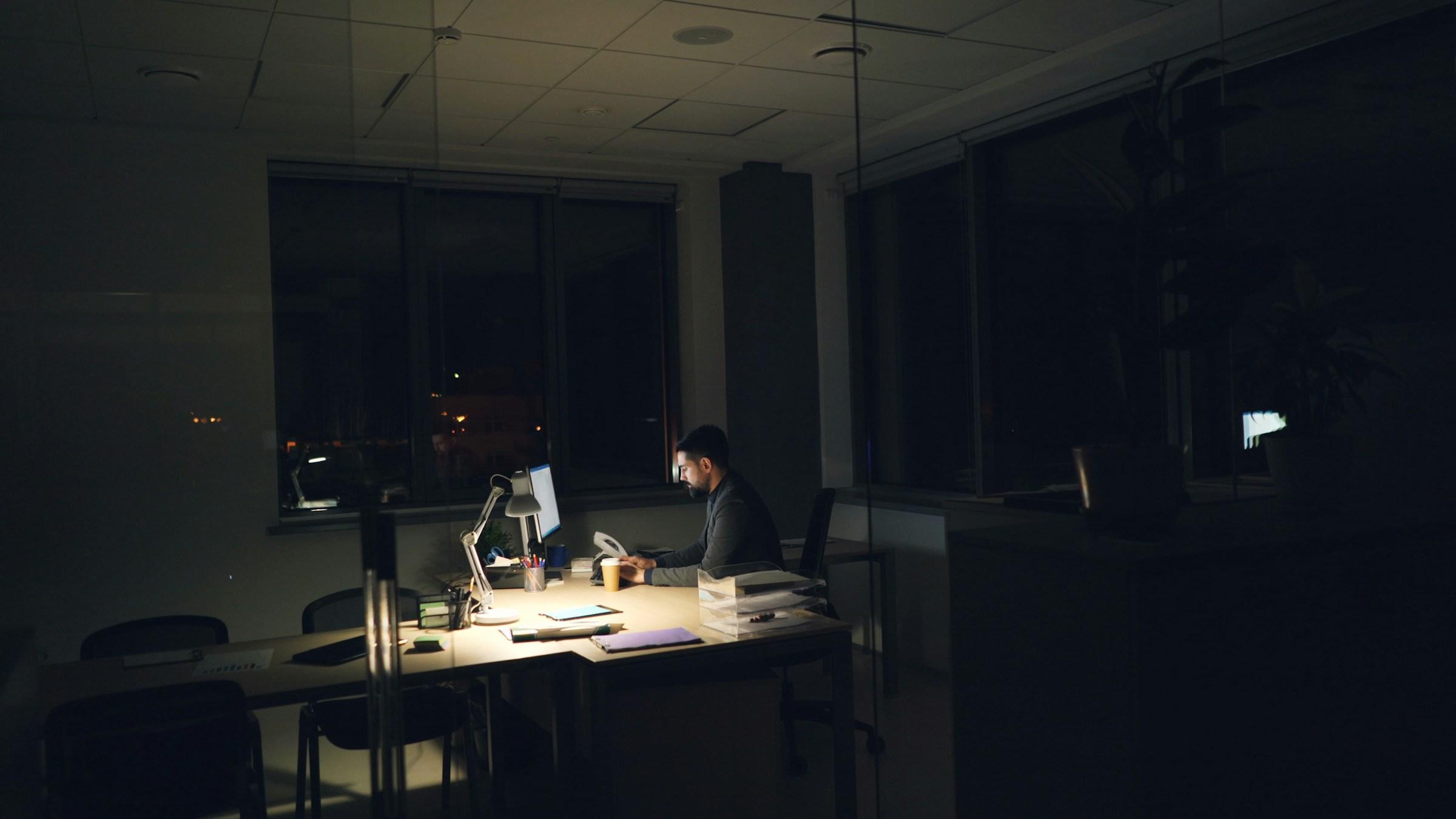



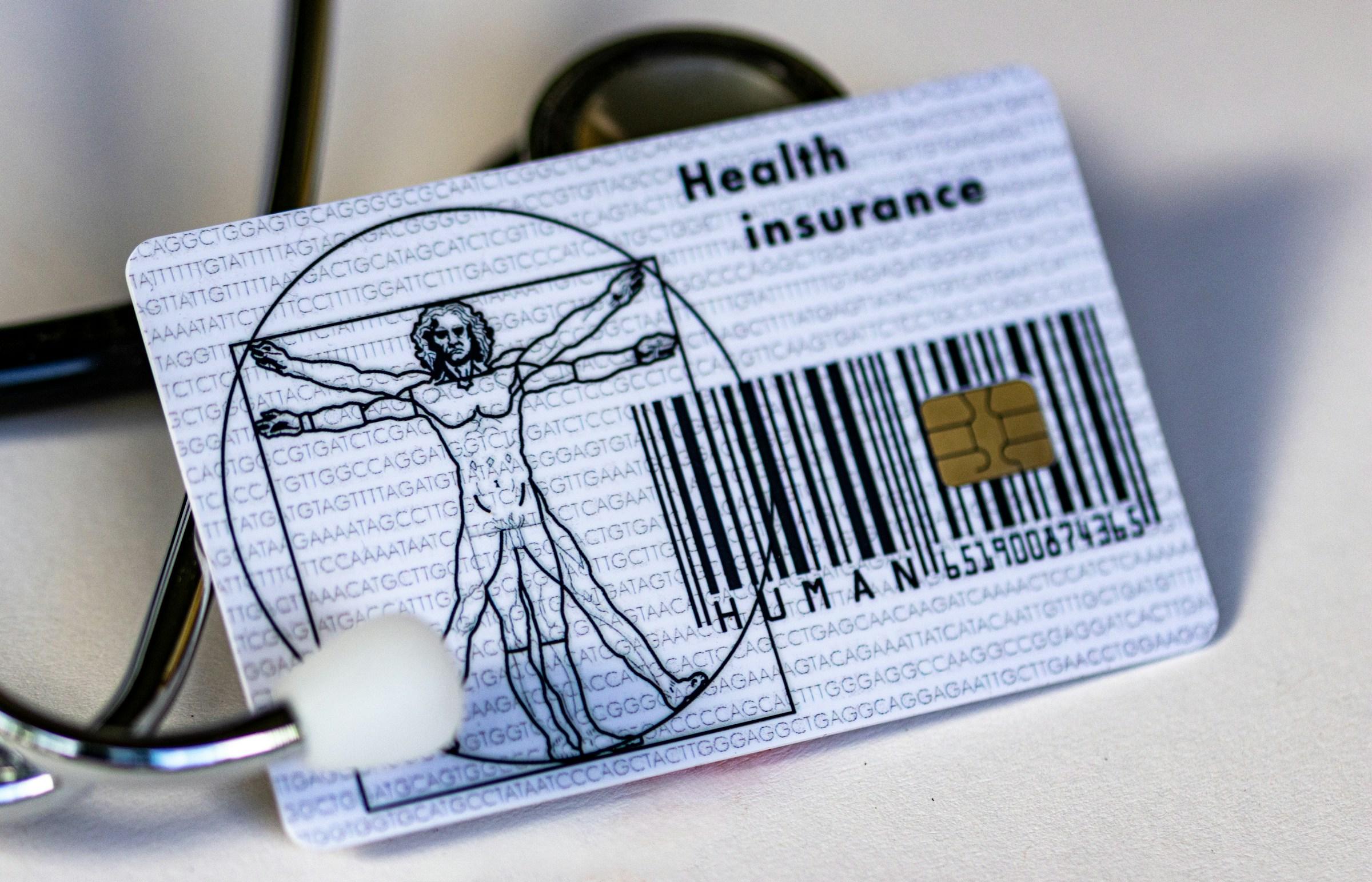

-7.jpg&w=3840&q=75)


